| Hypnotherapy For Weight Loss - Does It Work?18 May 2022 | Admin
Hypnotherapy for weight loss – Does it work?
Yes, absolutely and I have had some great results with my clients, not to mention my own 9 stone weight loss using self-hypnosis. But, and it is a BIG BUT (No pun intended), hypnotherapy is not a magic wand. Your hypnotherapist will not perform some kind of magic or miracle to make the pounds fall off. That is not how it works, and whilst there is no disputing the successes I have achieved in people from all walks of life, I would like to explain in more detail how the process works and how you can benefit from hypnotherapy for weight loss.
Firstly, let’s just clear something up – the difference between a hypnotist and a hypnotherapist. A hypnotherapist is someone who uses clinical hypnosis as part of a programme of therapy for whatever issue(s) the client has come to see them about. A hypnotist is someone who hypnotises people, although usually for entertainment purposes. In other words all hypnotherapists are also hypnotists (they have the ability to hypnotise people). But pure hypnotists are not hypnotherapists. As for me, I am a solution-focused clinical hypnotherapist and psychotherapist. All my credentials and qualifications are listed at the bottom of this page. I am also registered with the CNHC for hypnotherapy which means in the UK your GP can make a referral to me for private hypnotherapy.
Ok, so now that is out of the way let’s get on with it. Here are some of the most frequently asked questions I get regarding weight loss and hypnotherapy.
How does hypnotherapy work for weight loss if it is not a magic wand? Do you just hypnotise me not to eat as much? Don’t you just hypnotise me to think I am full all the time? Do you hypnotise me to feel sick whenever I go to eat too much?
Well, sorry to disappoint those of you who may think that hypnotherapy is magical, but it is actually far more straightforward than that. Far from being magical, the advent of the CT scan has allowed for many studies which show the effects of clinical hypnosis on the brain. I’ll be covering the full breakdown of that in a future blog, but I want to keep on topic for this blog and explain more about hypnotherapy for weight loss.
Firstly, a simple fact for you. Whatever you concentrate on you will amplify, so surprisingly we will not spend a great deal of time talking about food or your eating habits. Your current eating habits are not what is important, the habits you need to adopt are what matters.
You will find in a typical session, that the greater part of the time is spent on the psychotherapy side of things rather than the hypnotic trance part of the session. Hypnotic trance is of course a vital part of the process. It is a completely natural process, one which we actually enter into many times a day without realising it. This part of the process allows me to talk with the sub-conscious part of your brain, the part that is controlling everything that you are NOT thinking about.
This is the part of your brain which, amongst other things, gets you to do things automatically, without having to think about them. During hypnosis the conscious and sub-conscious minds come together, this allows for powerful changes to take place. Freedom from dieting - Forever
What about the other part of the therapy?
As I mentioned earlier the first part of each session involves talking therapy. During this part of the session not only do we talk about your preferred future, which actually starts off the process of changing your habits in a healthy and natural way, we also begin to alter your focus and bring down your stress levels. One reason people over-eat so much is due to stress, fear, anxiety and lifestyle. It really isn’t about willpower or the lack of it. It isn’t about being greedy or having no self-discipline. It is mainly about the lifestyle we lead in the west and the stresses and strains we put our brain through on a daily basis, and the cumulative effect it can have on our body weight. Eating is one of our primitive survival mechanisms, if we don’t eat we starve. Thankfully, the days of us having to hunt around for our food and not know where the next meal is coming from are far behind us. However, our primitive brains haven’t caught up with this fact yet. For some people turning to food is the first thing they do when they encounter stress, anxiety or other adversity. Before they know it they have consumed a full packet of biscuits or a full tub of Ben & Jerry’s (other brands of fattening ice-cream are available!) or a family bag of crisps or chips.
Now, these people are not stupid, they know it is bad for them. They don’t have a death wish, they don’t deliberately want to over-eat, but they do, regularly, before they even realise they have done. Afterwards comes all the regret and self-recrimination. Followed by that feeling of giving up or saying ‘sod-it’ and reaching for some more food – this time as a comfort thing. The primitive (fight/flight/freeze) part of our brains kicks in to protect us at various times, and sometimes too much. This is the part of the brain that gets us ready to run if we encounter a potentially dangerous situation, it is the part that will fire up the adrenalines required to get us to run if necessary, it will speed up your heart and breathing so you can get away from danger.
Now as much as we need this part of the brain, it hasn’t really evolved that much since caveman times. This part of the brain relies on old past patterns of behaviour to protect us, it does not think and reason things out, it frequently gets things wrong too. Do you know of someone who is over-reactionary the type that hits first and asks later? Well that is a good example of the protective, primitive mind kicking in and taking over, making us react before we have had a chance to think things through. Eating because of stress, anxiety and worry is a very similar reaction and one which affects many people, without them even realising that is the cause. Fortunately it is one that hypnotherapy is particularly helpful for.
So how can hypnotherapy help in these cases?
OK, when it comes to the survival mechanism side of things and automatically grabbing food to use in times of stress, the obvious thing is to reduce stress levels, this is where hypnotherapy is really helpful. When I take a client into hypnosis I am taking them into a place of safety, a place of blissful relaxation where their conscious and sub-conscious minds come together and really focus on the desired outcome. Not only does this refocus the mind and steer the client in their preferred direction, it also brings stress and anxiety levels right down, not just for the duration of the session, but when combined with the additional audio materials I supply, until the next time we meet, which these days is mainly over ‘zoom’. The other benefit from this is that it helps the client to process things differently, it enables the client to build their mental resilience so as not to add to their stress levels in the first place. So it is a two-pronged attack on the issue.
How else can hypnotherapy for weight loss work?
As part of an integrated therapy programme, clinical hypnosis can really help a client with mental rehearsal and future positive visualisation of where they want to be in terms of their size. When this is coupled with hypnotic trance work we access the sub-conscious mind, and we open up new opportunities within the mind. We can put the clients’ desires for a better, slimmer future at the forefront of their conscious and subconscious thoughts and actions. They begin to focus on where they want to be, and they stop obsessing about food. As the course of treatment proceeds the client will be thinking less and less about food and concentrating on all the positive aspects of their life. They will naturally begin to eat foods which are better for them, in the correct quantities. They actually change their relationship with food in the long term. To look at things scientifically, this type of therapy, in this specific combination is taking full advantage of the brain’s natural ability to form new neuropathways, which create healthier ways of thinking. If you think about it, this is one of the reasons why dieting doesn’t work in the long term. When you are dieting you are obsessing about food. It takes over your mindset, every day it’s calories this or points that, it becomes all-consuming.
The simple truth is that whatever you concentrate on you amplify. So when you are on a diet you are constantly thinking about food – and guess what? Your primitive brain will go into preservation mode. When the primitive brain takes over things you start to get real hunger pangs, you start to obsess about what the next meal will be or what you can cut-out so you can eat that chocolate bar. I know and understand the mind of a dieter – I’ve been there many times and I know how it can take over your life and just how unhealthy it can be. This is where the effects of hypnotherapy can lead to profound changes in weight, in attitude, in people’s stress levels and in their entire outlook and mindset. Yes, the results of successful hypnotherapy could perhaps be described as magical, but the process itself is based around sound evidence backed scientific study. To get the best results from hypnotherapy you need to be confident in the skills of the therapist and look at their qualifications and credentials. It is vitally important that you have a good rapport with your therapist, and you feel that he or she understands you and can help you reach your desired outcome from therapy.
I offer all my potential clients a free 20-minute discovery call on zoom or over the telephone. This is so that you can ask me any questions you like about the therapy I offer. I can also let you know if I feel that this is the right type of therapy for you – it isn’t suitable for everyone, and I do not accept clients whom I do not feel will benefit from this specialist therapy. One thing that is vitally important to all of us at any time is getting a good night’s sleep. I really cannot emphasise that enough and I will be taking an in-depth look at sleep and mental wellness in a future blog. In the meantime if you would like to drift off into blissful relaxation and get a great night’s sleep tonight I have produced a professional recording you can play at bedtime. It is completely free of charge and you can download it from here.
If you’d like to know more without any obligation whatsoever please choose a date and time to suit you from my calendar below to arrange your free personal 20-minute consultation which can either be over zoom or over the telephone. I look forward to hearing from you. If you have found this blog interesting please share it far and wide on social media by hitting one of the four buttons below. Wishing you the best day,
Book your free 20 minute discovery call with me at a time to suit youSimply choose one of the available dates below and then choose from the available times I look forward to hearing from you
|
|
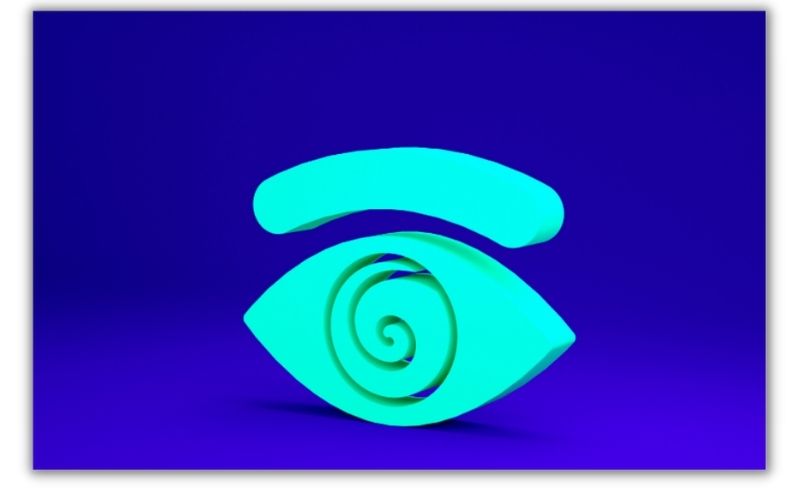



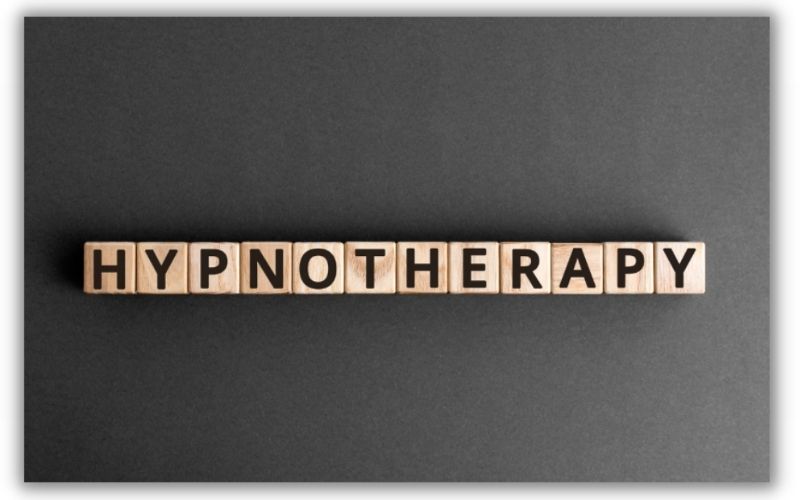

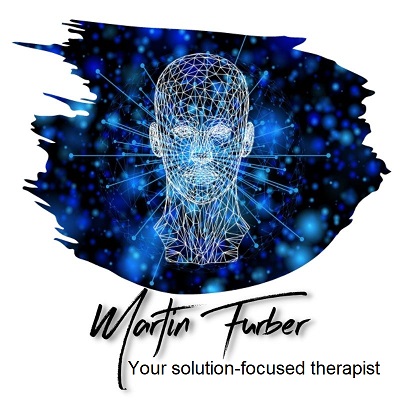









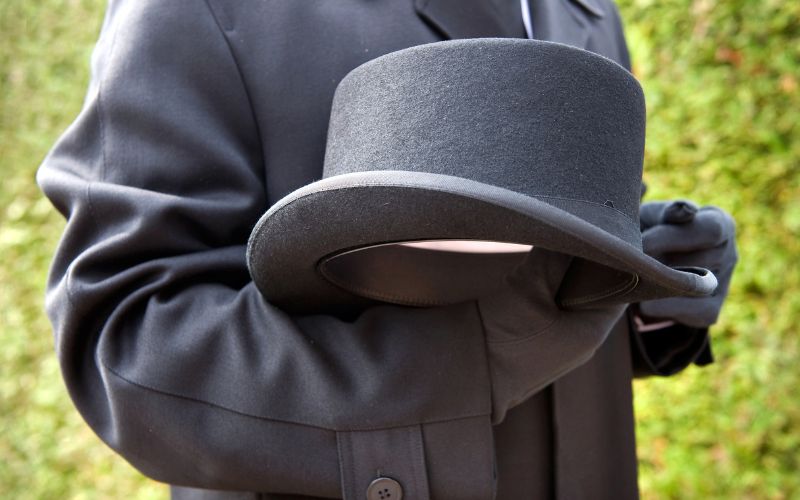
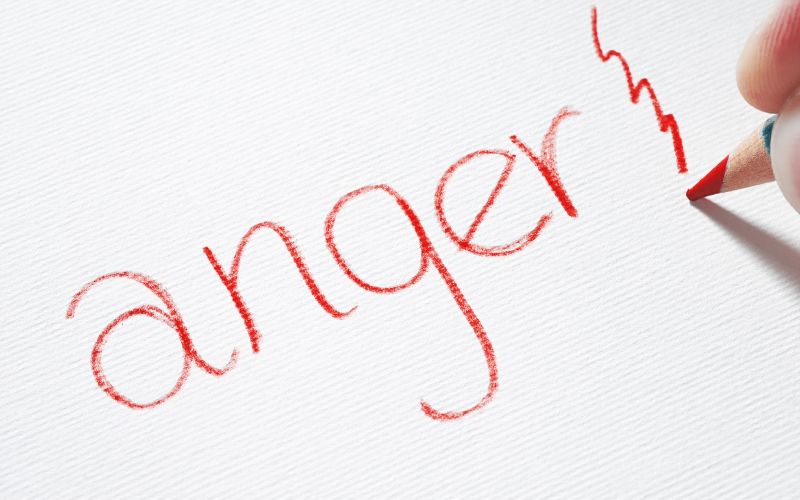
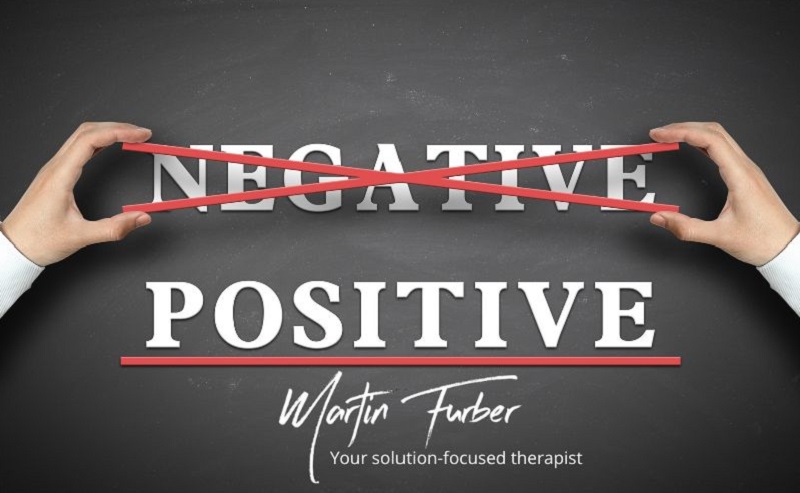
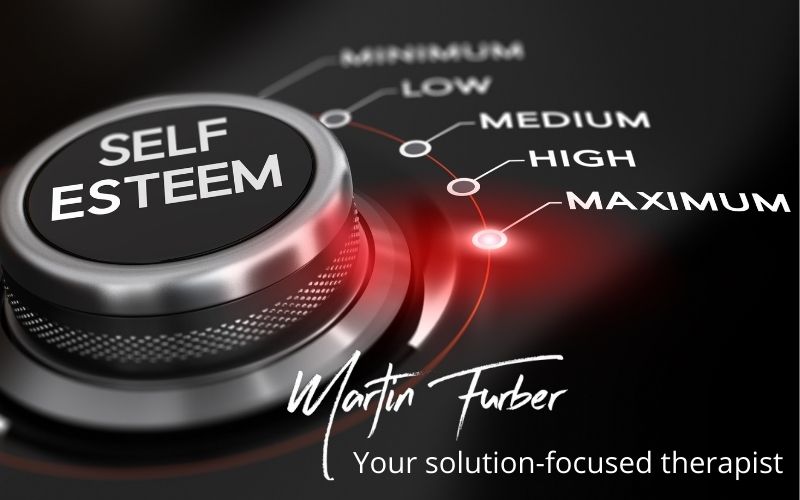
.jpg)